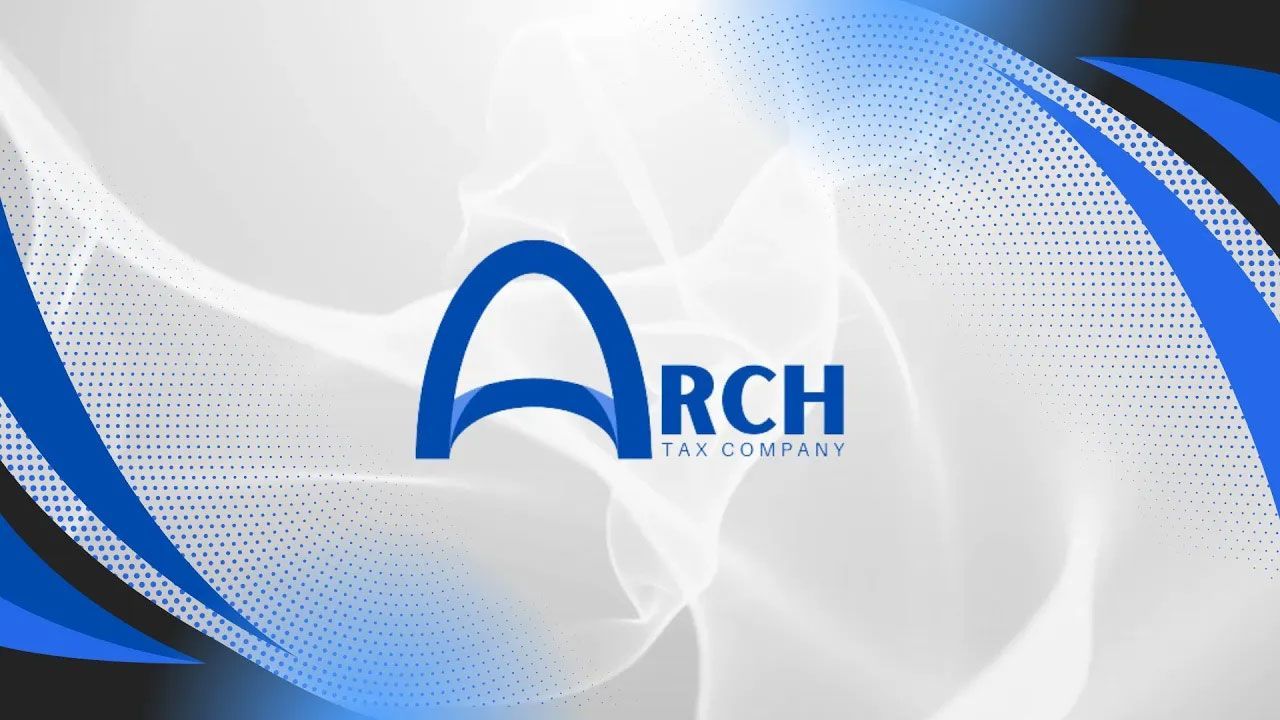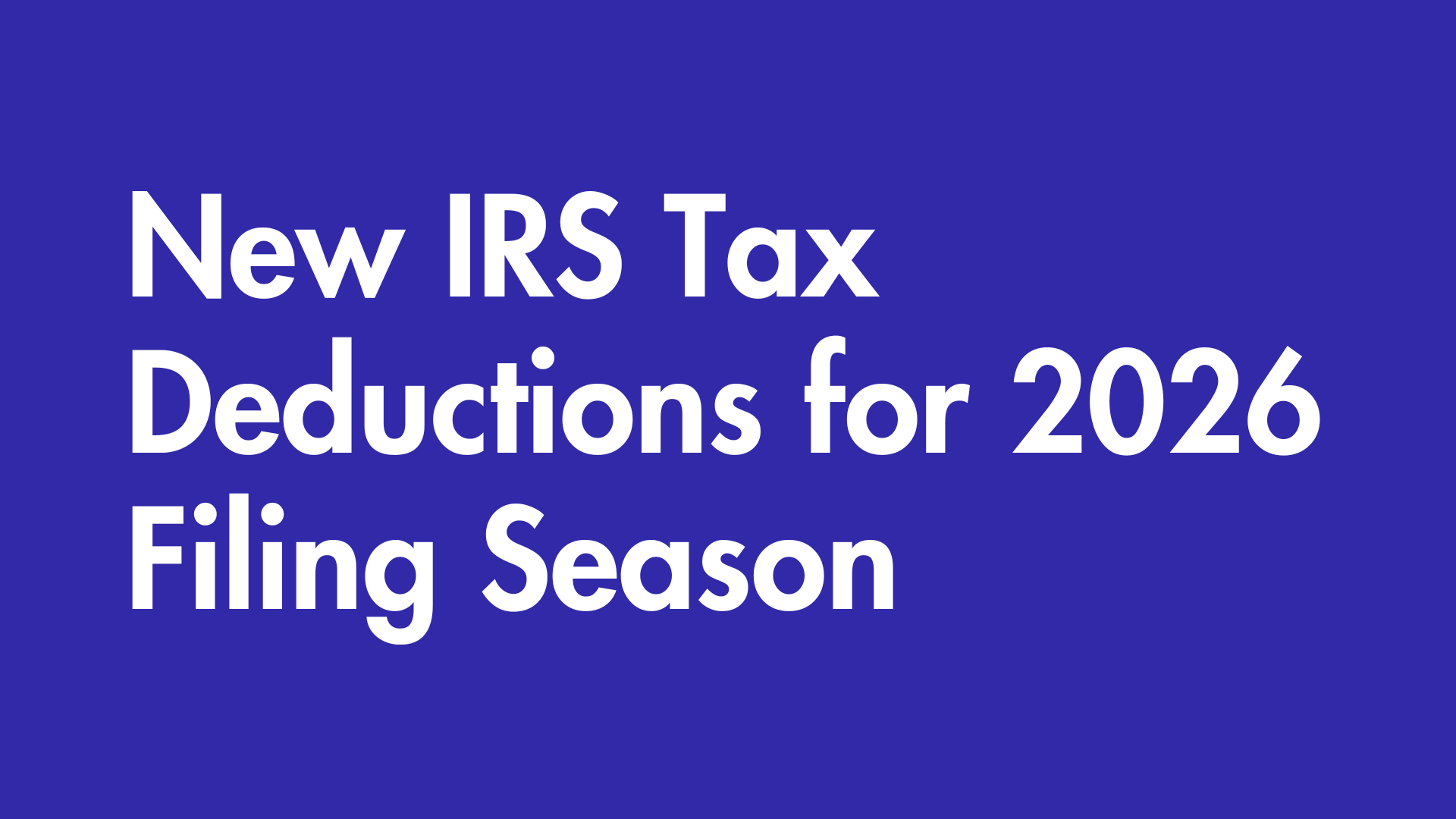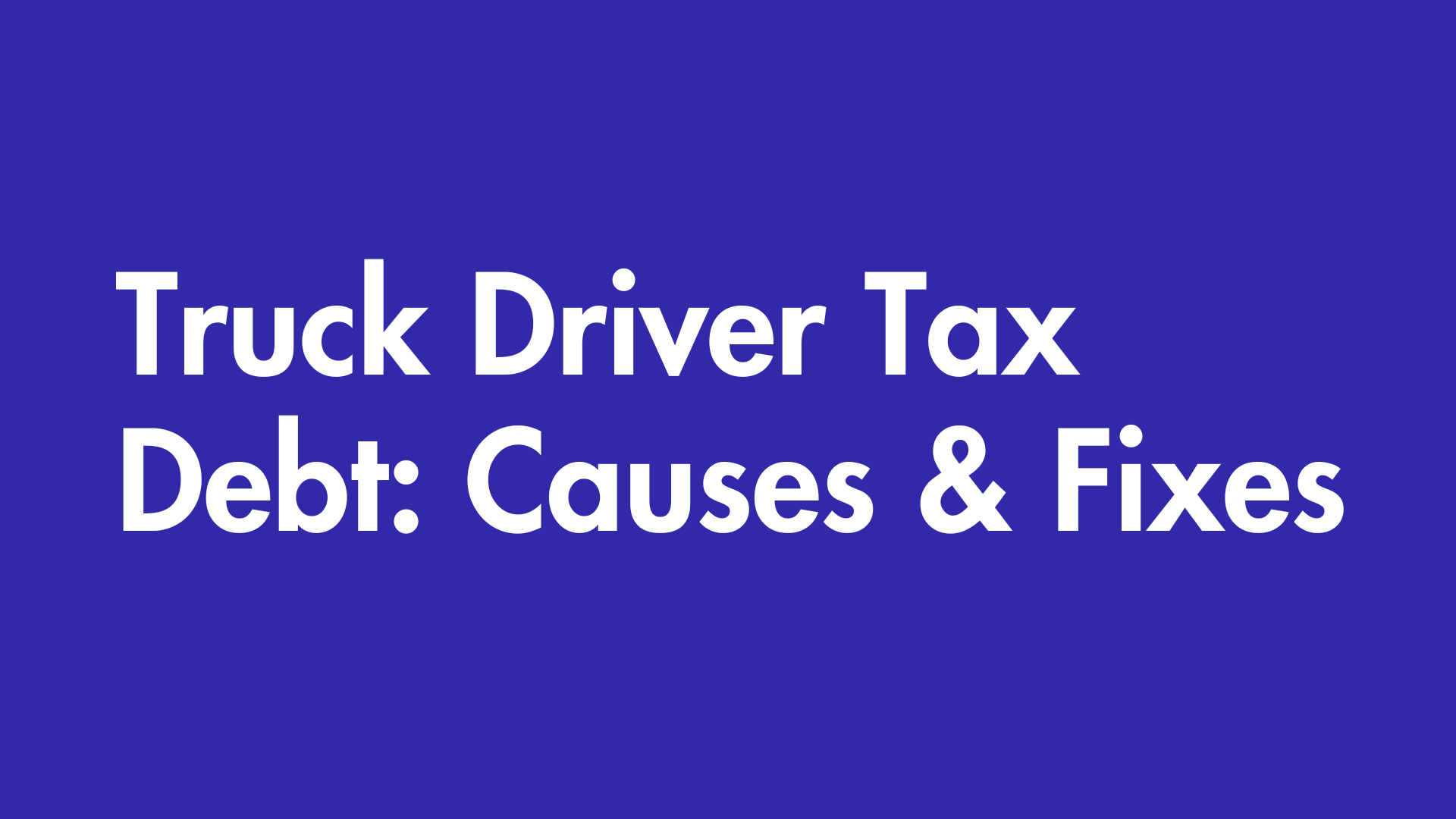Bankruptcy & Back Taxes
If you owe back taxes, you may have heard that filing for bankruptcy can sometimes wipe out IRS debt. While that’s technically true, the rules are extremely strict, and in most cases there are better solutions available. At Arch Tax, we work hard to resolve tax issues without pushing you toward bankruptcy — but it’s important to understand how the process works in case it becomes part of the discussion.
What Is an IRS Tax Discharge?
An IRS tax discharge happens when certain qualifying tax debts are eliminated through bankruptcy. However, not all tax debt qualifies, and you must meet several conditions before the IRS will allow it.
The general criteria include:
- Tax returns were filed at least two years before the bankruptcy.
- The IRS assessed the tax more than 240 days before the filing.
- The debt is unsecured (no lien attached).
- The debt is not related to trust fund taxes (such as withheld payroll taxes).
- The taxpayer did not commit fraud or attempt to evade taxes.
- At least three years have passed since the tax return was originally due (including extensions).
If all of these apply, a discharge may be possible.
Chapter 7 vs. Chapter 13 Bankruptcy
There are two main types of bankruptcy that come into play with tax debt:
- Chapter 7 Bankruptcy
- Often called “liquidation bankruptcy.”
- Can eliminate qualifying tax debts.
- Typically requires proving you don’t have the income to repay what you owe.
- Faster and more straightforward than Chapter 13.
- Chapter 13 Bankruptcy
- Restructures your debts into a 3–5 year repayment plan.
- Allows you to catch up on overdue payments.
- Does not discharge IRS debt.
For those strictly looking to wipe out IRS debt, Chapter 7 is more favorable — but qualifying is difficult, and it’s not always the best path forward.
What Tax Liabilities Cannot Be Discharged?
Even in Chapter 7, some types of taxes are never dischargeable. These include:
- Federal tax liens already filed.
- Recent property taxes.
- Certain payroll and employment taxes.
- “Trust fund” taxes such as withheld income, Social Security, and Medicare.
- Erroneous refunds or credits tied to non-dischargeable taxes.
In these cases, bankruptcy will not erase your obligation.
Why Bankruptcy Should Be a Last Resort
Bankruptcy can feel like a quick fix, but it comes with long-term financial consequences. Your credit, your ability to borrow, and even certain job opportunities can all be affected.
That’s why at Arch Tax, we do everything possible to explore other tax resolution strategies first — like Offers in Compromise, installment agreements, penalty abatements, or the IRS Fresh Start Program. Bankruptcy may help in very specific situations, but we see it as the last option on the list.
Final Thoughts
IRS tax discharge through bankruptcy is possible, but only under narrow circumstances. For most taxpayers, there are far better options that can resolve your IRS debt without the lasting effects of bankruptcy.
At Arch Tax, our mission is simple: help you find the best solution for your tax problem — not just the fastest or easiest. We’ll walk you through your options, explain what you qualify for, and fight to protect your financial future.
📞 Call us today to review your case and find out what tax relief options may work for you. Bankruptcy isn’t the only answer — and often, it’s not the best one.








